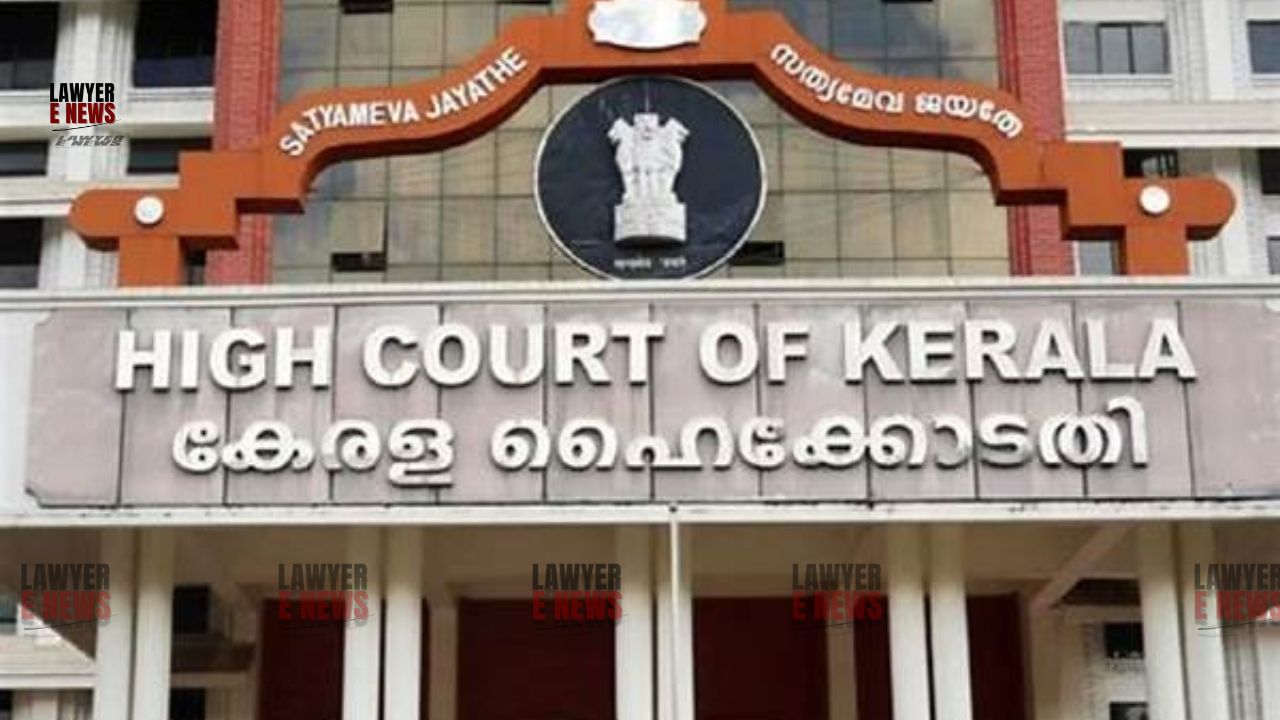-
by Admin
15 February 2026 5:35 AM



Kerala High Court denied anticipatory bail to Swami Sowparnika Vijayendrapuri and Rahul V.V., emphasizing the gravity of economic offences under Section 420 IPC. - The Kerala High Court has dismissed the anticipatory bail applications filed by Swami Sowparnika Vijayendrapuri and Rahul V.V. in connection with an alleged cheating case involving Rs. 33,80,000. The judgment, delivered by Justice C.S. Dias, underscores the necessity for custodial interrogation and recovery in economic offences of such gravity.
The petitioners, Swami Sowparnika Vijayendrapuri and Rahul V.V., who are respectively the founder and secretary of the Hindu Acharya Trust, assured the de facto complainant that they would secure a loan of Rs. 98 crore. The complainant subsequently transferred Rs. 33,80,000 to the bank accounts of the accused as processing charges for the loan. However, the accused failed to arrange the loan or return the money, leading to charges under Section 420 of the Indian Penal Code.
Justice C.S. Dias, while denying the bail applications, emphasized the seriousness and gravity of economic offences. The court highlighted that such offences, involving deep-rooted conspiracies and substantial financial loss, must be viewed seriously and not treated leniently in matters of bail.
The court observed that custodial interrogation of the petitioners was essential for the investigation. “The custodial interrogation is necessary for recovery and to uncover the entire conspiracy and the extent of the fraud,” Justice Dias noted. This aligns with the Supreme Court’s stance that custodial interrogation can reveal crucial aspects that might not come to light otherwise.
Justice Dias referred to several Supreme Court rulings that underscore the cautious exercise of judicial discretion in granting anticipatory bail for economic offences. “Grant of anticipatory bail in economic offences should be an exception and not the rule,” the judgment cited from previous rulings, reinforcing the principle that such bail should only be granted in exceptional cases.
“The economic offences having deep-rooted conspiracies and involving huge loss of public funds need to be viewed seriously and be considered as grave offences affecting the country’s economy as a whole,” Justice Dias quoted, reflecting the court’s firm stance against granting bail in such cases. The court further emphasized, “The privilege of pre-arrest bail should be granted only in exceptional cases.”
The dismissal of the anticipatory bail applications in this case reinforces the judiciary’s commitment to tackling economic offences with the seriousness they warrant. By requiring custodial interrogation, the court aims to ensure a thorough investigation and recovery of the defrauded amount. This judgment is expected to set a precedent, emphasizing that anticipatory bail should not undermine the investigation process, especially in cases involving significant financial fraud.
Date of Decision: July 8, 2024
Swami Sowparnika Vijayendrapuri & Rahul V.V. vs. State of Kerala
